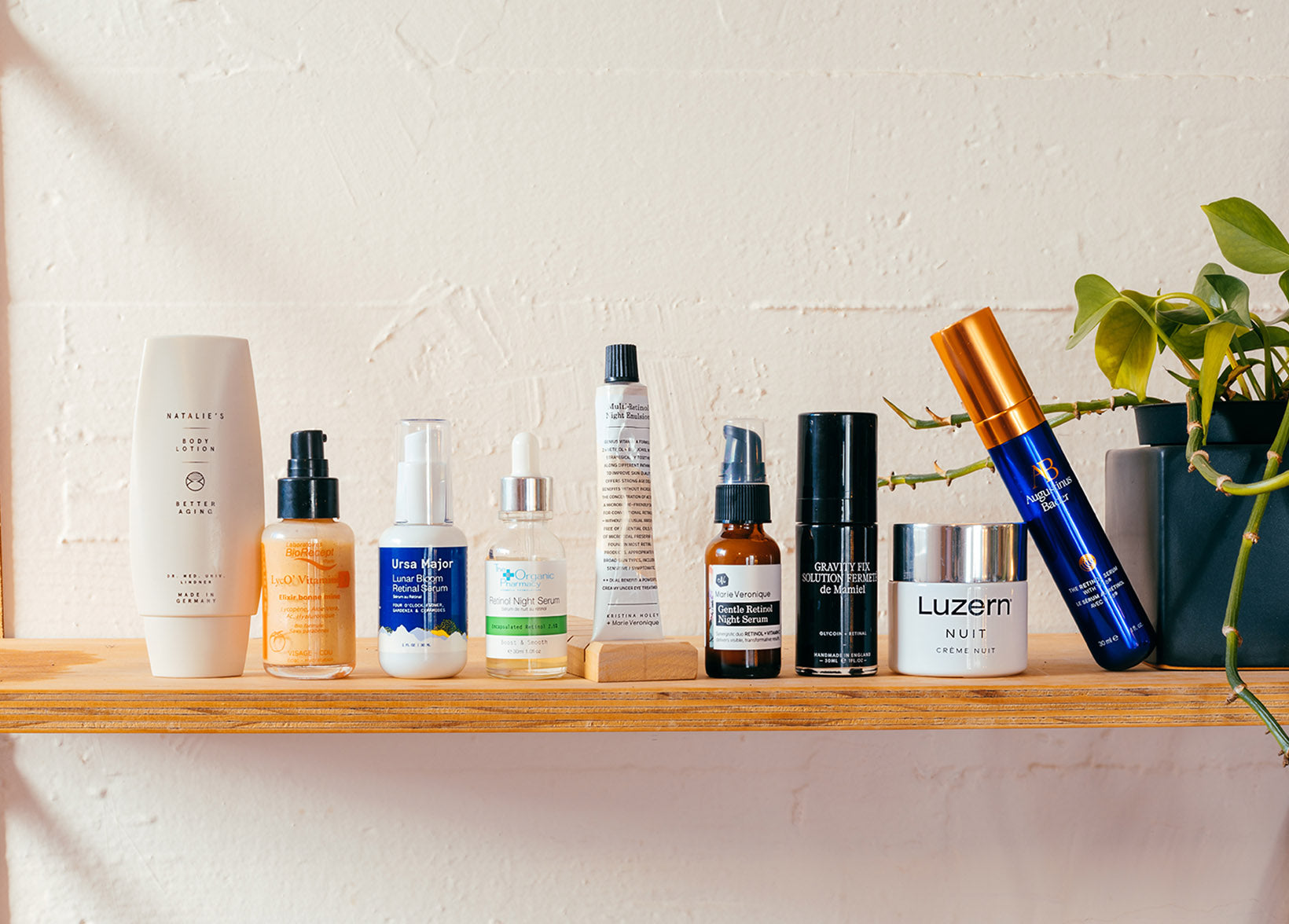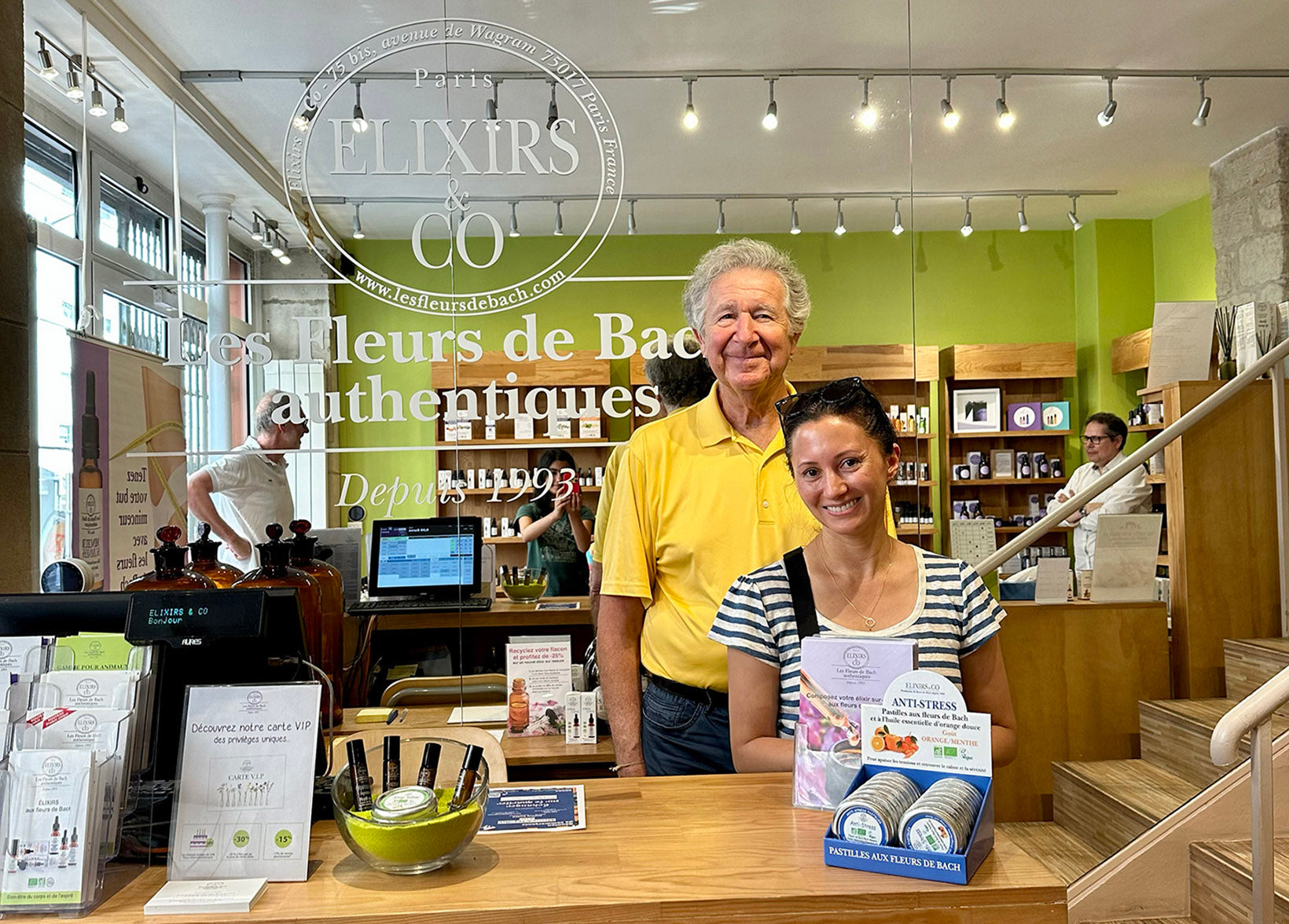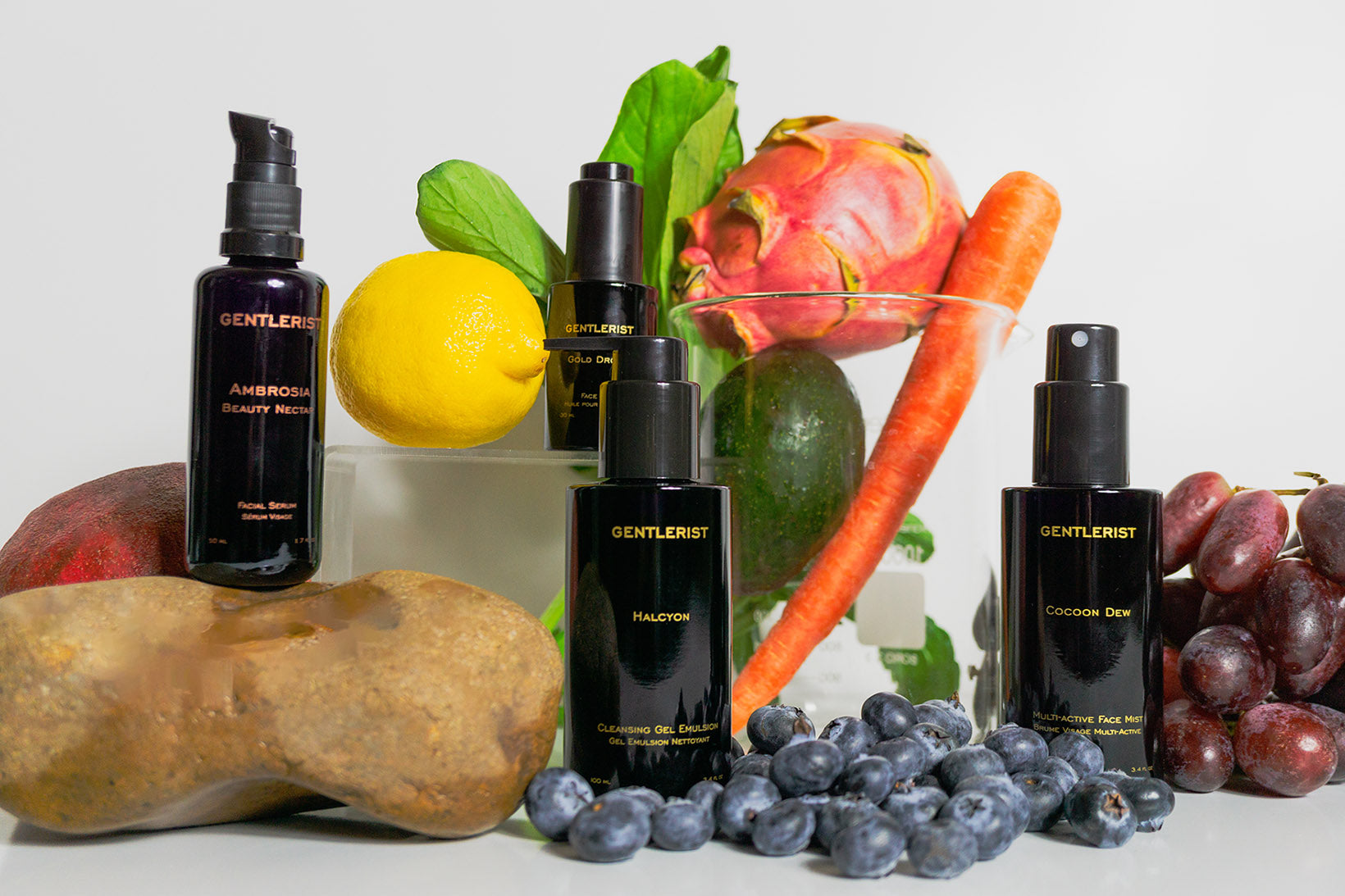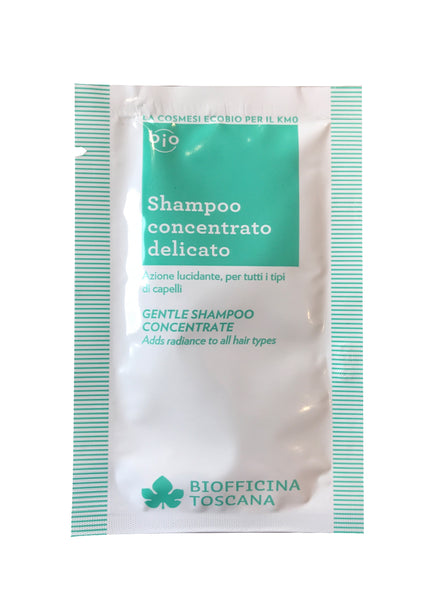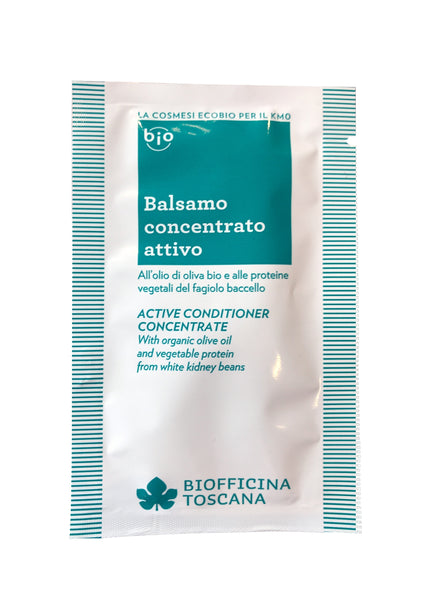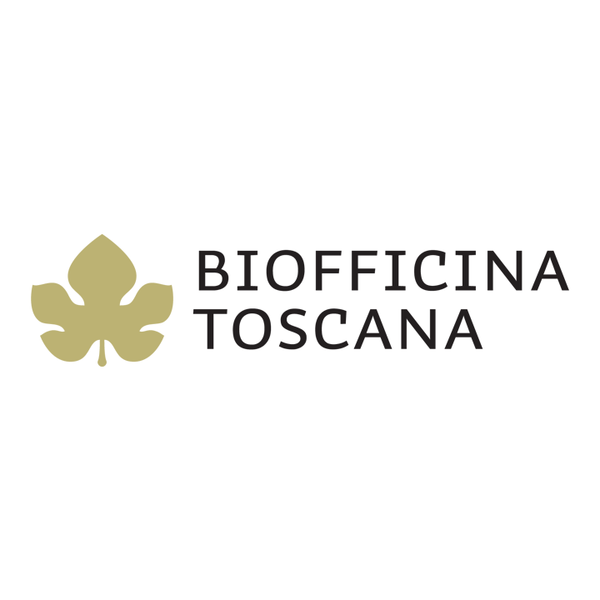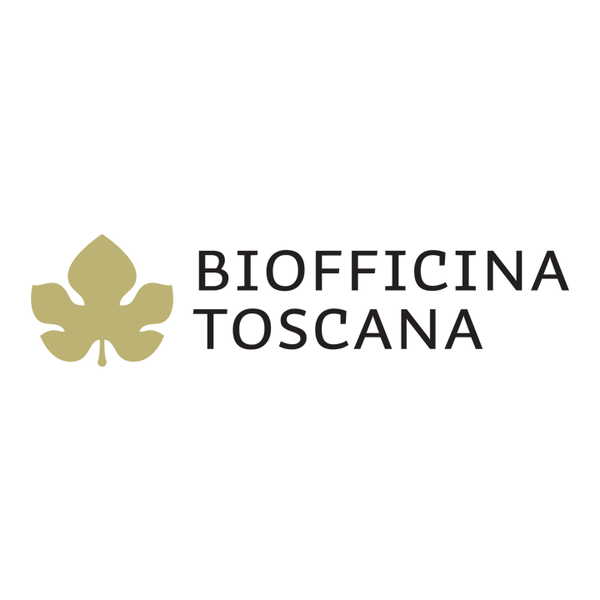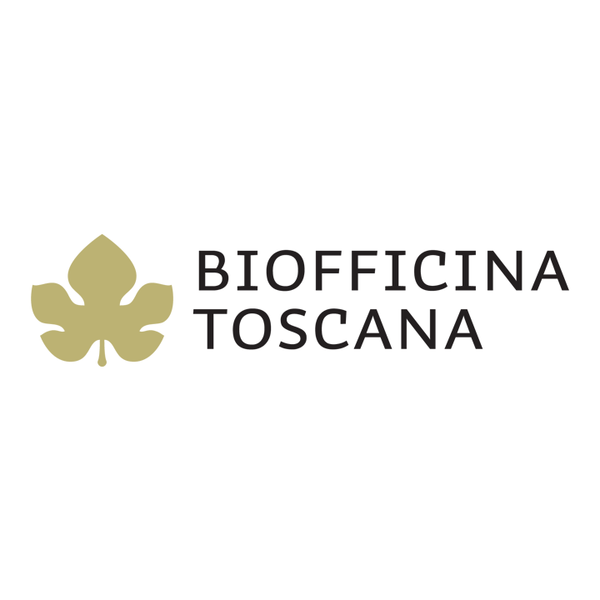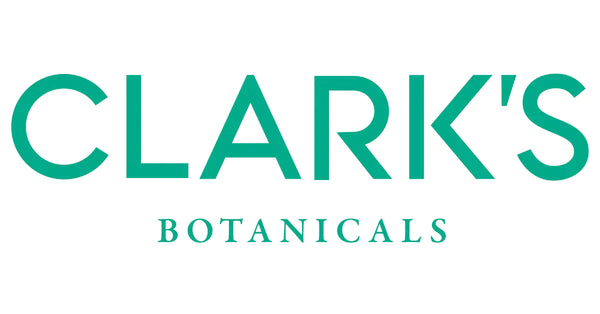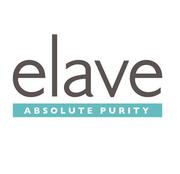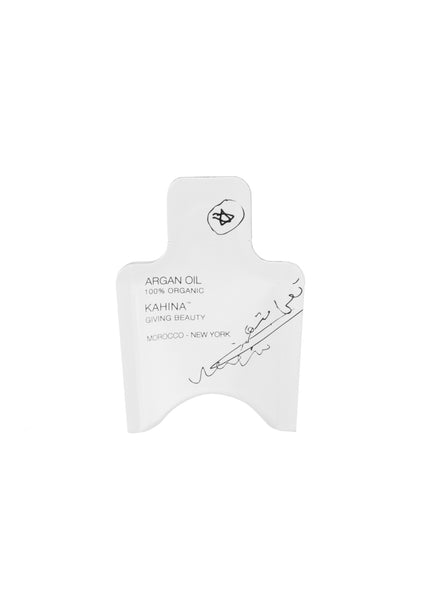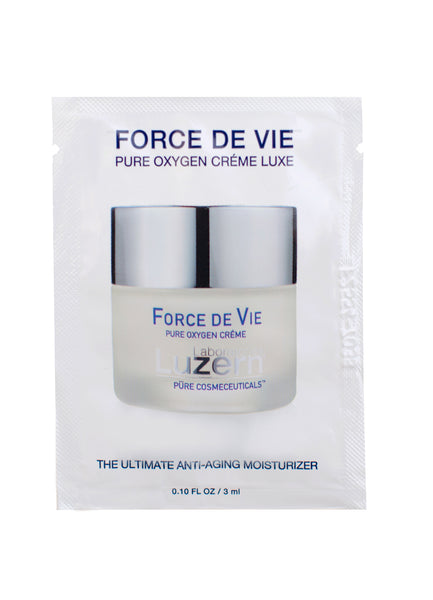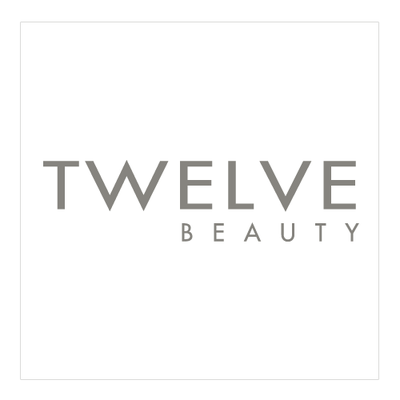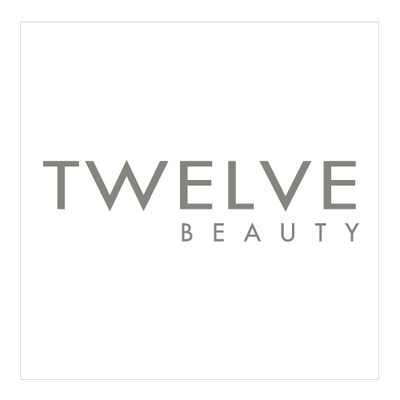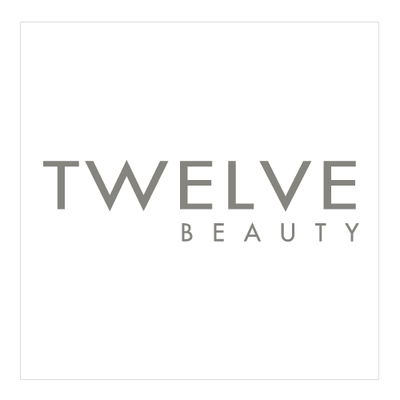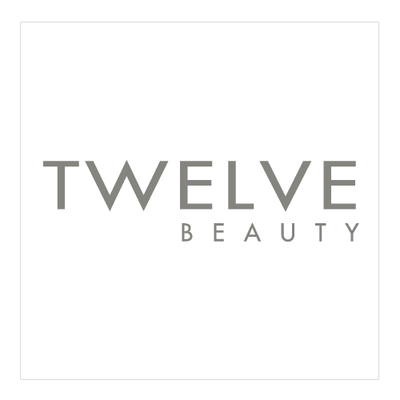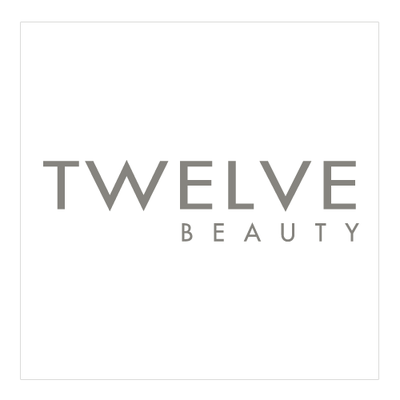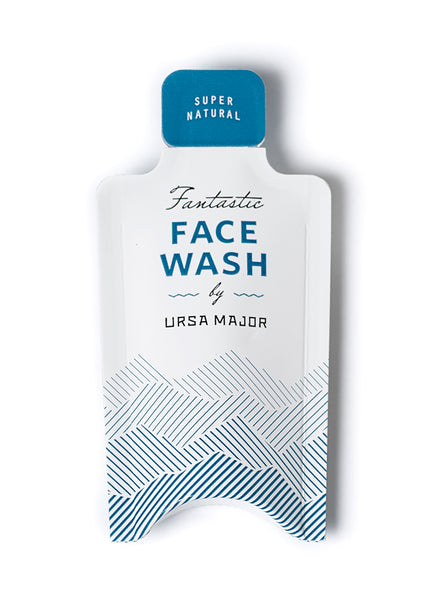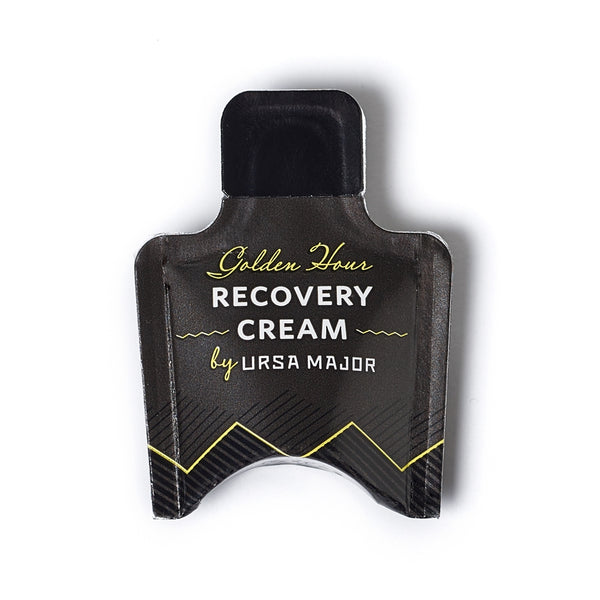Recent Articles
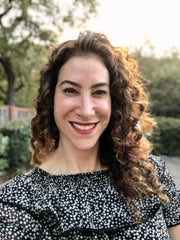
Tamara Neuhaus, MD is an OB/GYN who specializes in menopause and perimenopause at The Cusp, where she serves as Chief Medical Officer.
Hormones wreak havoc on skin, particularly once women reach their late forties and fifties: Perimenopause and menopause can usher in a variety of unwelcome symptoms, ranging from acne to overnight wrinkles to unquenchable, seemingly intractable dryness. We’ve been fascinated by this topic for years — as have many of you, given how popular this interview about menopausal skincare (one of our personal favorites) has been.
As always, we found ourselves wanting to learn more about the effects of this transition on both skin and body, yet there appears to be a curious dearth of resources on perimenopause and menopause. Also curious is the fact that, in many of the resources that do exist, the key takeaway often seems to be something along the lines of, “It’s going to happen, and it won’t be fun. So, I don’t know…try eating some yams.”
We knew that yams could not be the only answer. So when we met Tamara Neuhaus, MD, a Bay Area OB/GYN who specializes in menopause, we nearly fell over ourselves with our hunger for more information: what should we all know about perimenopause and menopause? Why is dryness such an issue during this time? What can we learn about what’s happening in the body that can provide us with clues to what will happen in the skin? And why is no one digging into this deeply fascinating topic?
You’ll find her answers below. And if you'd like to hear more from Dr. Neuhaus, check out our recording of our virtual Q&A event with her here.
Ayla: We were excited to learn about you (and your company, The Cusp) because there are so few resources out there for additional information about menopause. Why do you think that is?
DR. NEUHAUS: In the past 20 years, education surrounding perimenopause, menopause, and hormone therapy has suffered and nearly disappeared at a very fundamental level (in medical schools and residency). I attribute this mostly to the aftermath of the Women’s Health Initiative study, which released findings on the largest hormone therapy study ever done in 2002 and led many women to stop taking combined hormone therapy for menopause treatment.
We now realize that there were some significant flaws in the study and how the data were interpreted. And while we now have so much more evidence and a better understanding of both the transition and how to treat it, most providers haven't done the work to self-educate, so they don't feel comfortable managing menopause. Or they don't have the time. It is a natural and unavoidable process, and not necessarily a disease, so it is often brushed aside.
What we know, however, is that it is an optimal time to make interventions for a longer, healthier and happier life...even if we just make simple adjustments to how we live.
Ayla: You have a unique medical background. Can you tell us more about it, and how you came to specialize in supporting women during perimenopause and menopause? And, as you pursued your menopause-specific training, did you find that you had many colleagues doing the same thing, or wondering about similar questions?
DR. NEUHAUS: It's very serendipitous to have found myself at The Cusp, where we focus on women’s health in perimenopause and beyond. My medical career hasn't been exactly traditional, given I retired from obstetrics on the early side to focus on office gynecology. Then, because of the unique practice I worked in — which catered to women in the post-reproductive range — I found myself needing to learn more about the midlife phase.
Truly, though, it wasn't until it became personal for me that I really dove in. I learned that I had the BRCA2 mutation in the summer of 2018. After completing my preventative surgeries and entering surgical menopause, an education in hormone therapy become exceptionally personal and prioritized. Suddenly, I had a new passion to care for and treat women entering perimenopause, menopause and particularly surgical menopause. It was at this moment a friend approached me about The Cusp and the unique opportunity to provide the care and education for precisely this population.
As for my colleagues and peer group of physicians, many have little time for menopause: they tend to practice full scope obstetrics and gynecology and don't really have the time to spend 45 minutes with a patient discussing all that should be discussed for this life period. Many of them also don’t feel properly educated or current on the recent developments in hormone therapy or the latest research. I have found, though, as these female friends of mine age, their interest in and comfort level with it improves!
Ayla: It’s clear that each journey through perimenopause and menopause is unique. But are there certain things that everyone (or almost everyone) can expect as milestones during this journey?
DR. NEUHAUS: Yes and no. All women will enjoy not having periods! All women will enjoy not worrying about contraception. Most women find peace, and anticipation of a second act, too. Some women will suffer horribly from hot flashes, night sweats, mood swings, and vaginal dryness, and some will sail through; truly, everyone's experience differs. But all can benefit from being well-informed about options from the beginning.
Ayla: Dryness, in general, seems to be a very common theme during menopause. Can you explain why this dryness occurs?
DR. NEUHAUS: There are estrogen receptors in all our major organs — and remember, skin is the biggest one! As estrogen wanes, dryness ensues. Estrogen is key for the hydration of the entire body: eyes, skin, joints, even the GI tract. As estrogen wanes, everything dries out, with effects ranging from dry-eye vision changes to constipation.
And the effects on the skin are profound. Dr. Kathy Fields, an advisor to The Cusp, reminds us that “estrogen, along with the thyroid hormones, keeps enzymatic reactions running efficiently. We lose collagen at a rate of 3% a year after age 30, but this accelerates in menopause. We lose elastin, the epidermis thins, and the skin barrier becomes fragile and easily compromised.”
However, in studies where we give estrogen back to the body, it increases epidermal and dermal thickness, increases collagen and elastin content, and improves skin moisture — with fewer wrinkles. Studies show that we age better with estrogen. Good habits help, too; like avoiding the sun, alcohol and sugar/simple carbohydrates.
Ayla: You mention increased and new allergic reactions in your thorough list of perimenopause symptoms. We notice that from a skincare perspective as well. What might be underlying this increased sensitivity, in general?
DR. NEUHAUS: Well, we do see that the prevalence and severity of allergies and asthma are greater in women than in men, and mounting evidence suggests this is likely related to female steroid sex hormones — estrogen in particular. As I mentioned before, there are estrogen receptors everywhere, including numerous immunoregulatory cells. Estrogen’s actions can skew immune responses toward allergy by acting directly to aggravate asthma, or indirectly through different pathways to affect inflammation and even lung function. We have seen these effects not only with the hormones our bodies make, but also with environmental estrogens like bisphenol A and phthalates. These xenoestrogens do worsen allergic reactions in animal models and likely worsen the development of atopic disorders like asthma in humans too.
Avoiding these chemicals in the products we use is always important, but even more so as our estrogen levels wane. Furthermore, from a skincare standpoint, with an aging, dehydrated skin barrier, we may become more sensitive to the environment. Using a great moisturizer free of these xenoestrogens at night — when you can get the best absorption — will help.
Ayla: For those who may be entering perimenopause, or suspect they may be at some point soon — what do you suggest they do to chart a smoother course through what’s ahead?
DR. NEUHAUS: There are so many options! Small tweaks to diet, exercise, and lifestyle choices are a huge step in the right direction. Certain supplements can support mood, bone health, and sleep health, and relieve a lot of symptoms. Hormone therapy works miracles for the right women, with rapid relief of symptoms and lasting health benefits like prevention of osteoporosis, cardiovascular disease, diabetes and some cancers. But the most important tool is being educated. Knowing how to recognize the symptoms, find reputable resources for education, and get care from experts are the keys for thriving during this transition and for the rest of your life.
***
Want to learn more?
For additional information about the effects of perimenopause and menopause specifically on the skin, check out our interview with dermatologist Jeannette Graf, MD.
And if you'd like to find out which of our products are best sellers among those going through perimenopause and menopause, you can see them all here.
***
About Dr. Neuhaus: Tamara Neuhaus, MD is the Chief Medical Officer for The Cusp. For the past 17 years, she has been providing Obstetric and Gynecologic care for women in bustling clinics, academic settings and small private practices; she has spent the past 3 years providing high-touch, personalized care specifically for women in their perimenopausal and menopausal years. She is a Fellow of the American College of Obstetrics & Gynecology, a North American Menopause Society Certified Provider, and a member of the San Francisco Gynecology Society.
And Dr. Neuhaus is not only a health care provider, but also a patient: after discovering that she carries the BRCA2 mutation, which significantly increased her risks for breast and ovarian cancer, she chose preventative surgeries that brought her on her own personal journey through menopause. Learn more about her, The Cusp, and the support they offer during perimenopause and menopause on their website.
Any topic discussed in this article is not intended as medical advice. If you have a medical concern, please check with your doctor.

